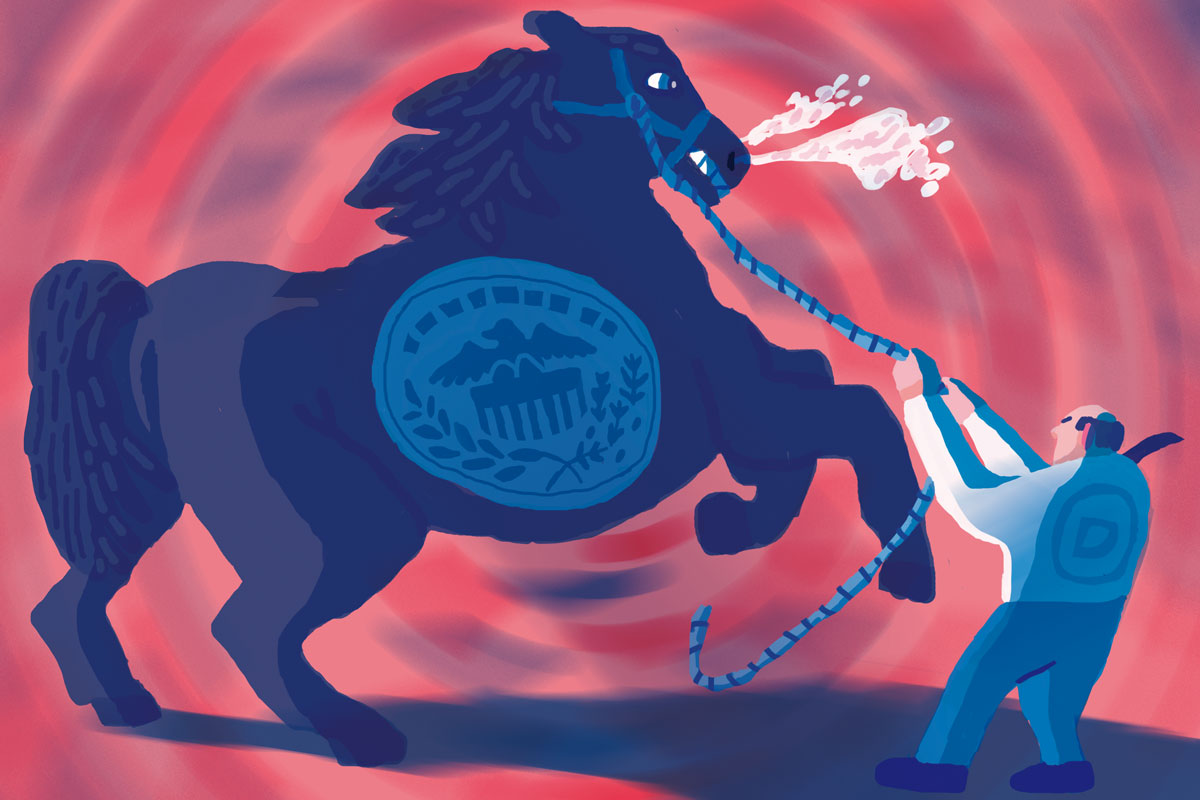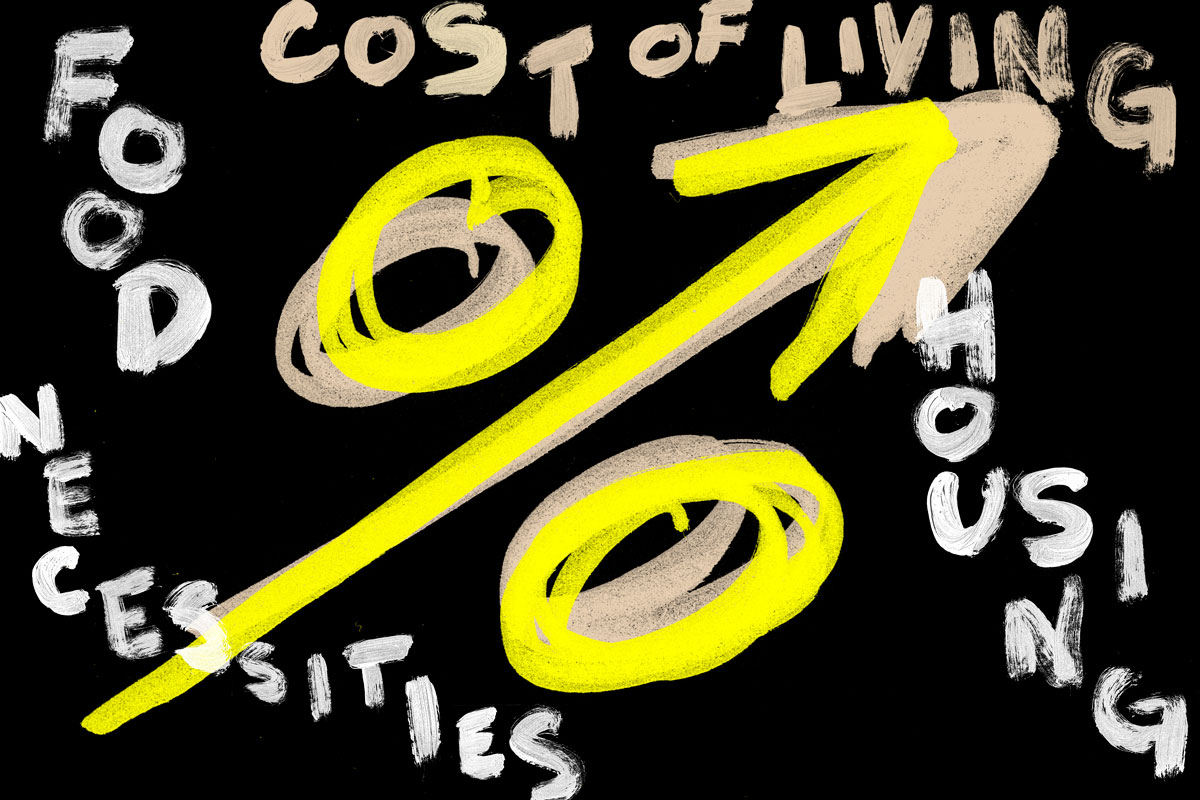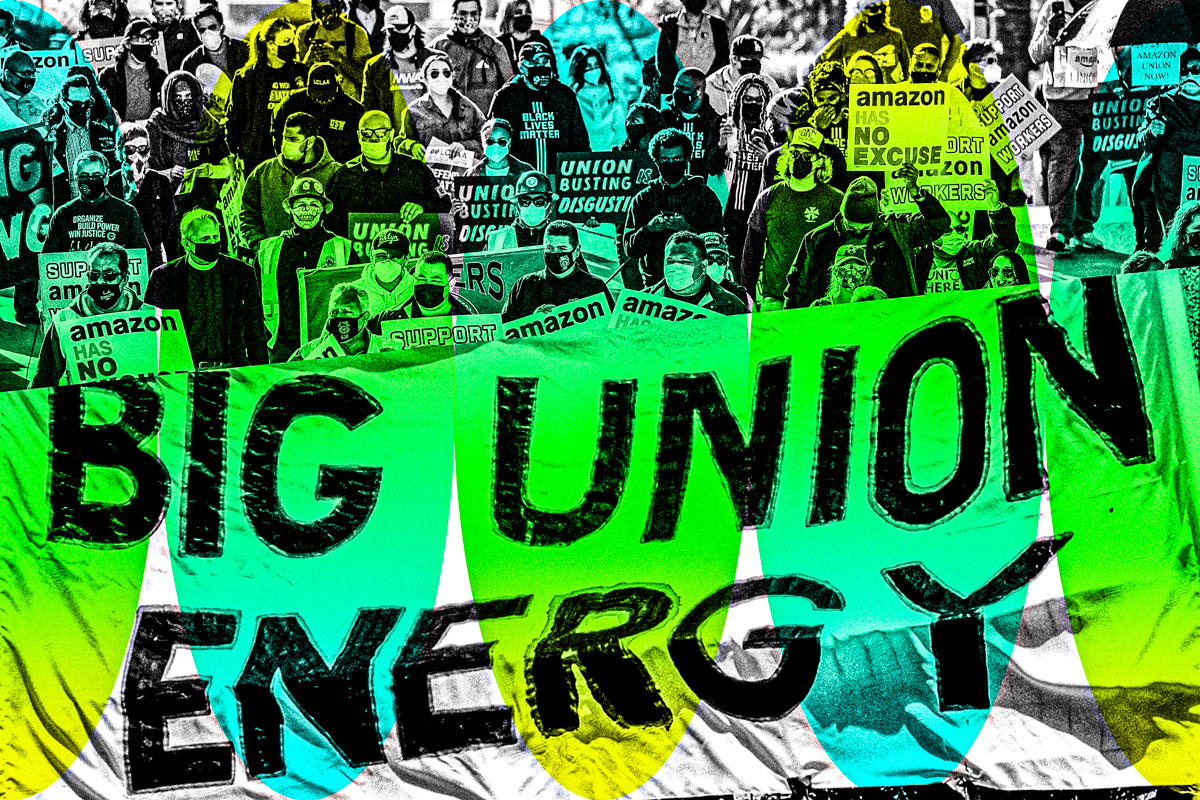Democracy is on the ballot tomorrow.
This is, at least, the case being made by Democrats.
In a recent primetime address—a final pre-Election Day pitch to voters—President Biden asked Americans to “think long and hard about the moment we are in,” going on to say that “in a typical year, we’re often not faced with the question of whether the vote we cast will preserve democracy or put us at risk. But this year,” he continued, “we are.”
Whether Biden and the national Democratic Party’s plea to “save” democracy is sufficiently motivating to enough voters to keep the party in power remains to be seen. But if the latest polling data is any indication, this appeal has limitations. According to the latest forecasts, Democrats and Republicans are in a tight race leading into Election Day, though a transfer of Congressional power to Republicans seems probable.
The Democrats’ electoral strategy of persuading voters of the importance of “saving” democracy, at the expense of discussing almost any other issue, is a curious one. In a recent poll by the Pew Research Center, conducted just weeks before the election, when asked which political issue is the most important when deciding whom to cast their vote for, 79 percent of respondents said, “the economy.” Given the overwhelming amount of partisan polarization in American politics, the fact that four-fifths of Americans agree on anything is noteworthy.
If “the economy” is what the vast majority of voters—Democrat, Republican, Independent, or otherwise—care about, then why aren’t Democratic elites doing more to address voters’ concerns about “the economy,” broadly construed?
If “the economy” is what the vast majority of voters—Democrat, Republican, Independent, or otherwise—care about, then why aren’t Democratic elites doing more to address voters’ concerns about the economy?
I should note that while “the economy” sat comfortably atop that list, “the future of democracy” was in the runner-up spot of respondents’ political concerns at 70 percent (with a majority of Democrats and Republicans expressing concern over the issue). But while this might seem to lend credence to the Democrats’ strategy of emphasizing the saving of democracy, it is unclear what or whom Americans believe represents a threat to the future of democracy.
According to the latest New York Times/Siena poll, although a solid majority (70 percent) of Americans believe that U.S. democracy is “at risk,” they differ drastically on the primary culprit. Consistent with the reductive side-taking that is part and parcel of electoral politics, Democrats blame Trump and the Republican Party for democracy’s woes. Republicans, unsurprisingly, blame Biden and the Democrats.
But while Americans differ on what they believe are the primary causes of so-called democratic backsliding, a closer look at the data reveals an interesting nugget. Americans may disagree about who or what they think represents the most significant threat to democracy, but they are remarkably united in what they don’t believe explains it: political economy.
Among the perceived threats to democracy, only three percent of respondents answered “the economy/inflation,” a finding which underscores not only the degree to which capitalism is taken for granted but also the fact that, for most Americans, the link between capitalism and the health of our democracy simply does not exist. There is at least one key reason why: the Federal Reserve.
In his pathbreaking tome Secrets of the Temple: How the Federal Reserve Runs the Country (published in 1987), journalist William Greider sought to spotlight this enigmatic American institution that—moments of economic crises notwithstanding—typically manages to stay out of the limelight. He makes the case that although Americans have been taught that the Federal Reserve’s activities are “mechanical and nonpolitical” (if they have been taught anything at all about its functions), such a characterization is patently false. Rather, the Fed exists to manage “the continuing conflicts of democratic capitalism, the natural tension between those two words, ‘democracy’ and ‘capitalism.’“ The Fed, in other words, has, since its inception, been tasked with “protecting private profit and the public interest at the same time,” deciding, in the process, “who shall prosper and who shall fail.”
This brings us to our current political moment and, more specifically, the Fed’s inflation-taming pursuits. Over the past six months, the Fed, led by Chair Jerome Powell, a Trump appointee whom Biden perplexingly granted a second term in 2021, has successively raised the target range for the federal funds rate—the interest rates at which banks borrow and lend to one another (currently about 3.8 percent, its highest since 2008)—in hopes that doing so will bring rampant inflation to heel. As of September, the Consumer Price Index (CPI), the primary measure of inflation, rests at 8.2 percent—the fastest rate in decades—indicating a sharp year-over-year rise in the cost of everything from gas to groceries to shelter.
A handful of individuals—unelected and, as such, utterly unaccountable to the public—have decided that it is capital, and not the rank-and-file, which must be spared.
The Fed’s inflation-curbing strategy—a not-so-subtle war on wages—is well-known. To slow this sharp rise in prices, it is banking on the fact that interest rate hikes will weaken demand for credit, slowing investment and consumer spending. This weak investment, they hope, will lead to slowed (or even negative) job growth, which will, in turn, slow wage growth—the main driver of inflation in their estimation, despite a host of evidence to the contrary. Rightfully, the Fed’s approach has been relentlessly critiqued for the burden it will place on the people who tend to suffer the most during inflation: poor and working people.
Why does the Fed always attempt to control inflation on the backs of poor and working people? Even if it is the case that there is no “painless” way to slow inflation—a common refrain from Fed Chair Jerome Powell—why has it decided to make the working classes collateral damage? Are interest rate increases the only way to address inflation? (They are not.) Why aren’t other options being weighed, at least publicly? And why doesn’t the president, or his party—facing a crucial election for control of Congress—have more to say about this policy?
These are questions that a genuinely democratic nation would reckon with collectively. But, instead, we have a situation in which a handful of individuals—unelected and, as such, utterly unaccountable to the public—have decided that it is capital, and not the rank-and-file, which must be spared the most deleterious effects of the Fed’s pursuits. So as Americans cast their votes, they will do so shaken by the double whammy of inflation and interest rate hikes (another round of which the Fed announced on Wednesday), and with all the anxieties these policies engender.
Indeed, poll after poll has indicated that inflation is top of mind for most Americans this election cycle. This isn’t shocking; after moderating during the late summer months, gas prices remain elevated, as does the cost of food and rent. Meanwhile, many corporations are boasting massive profits as wage growth stagnates—a juxtaposition characteristic of neoliberal capitalism. Few Americans, however, view this, or the Fed’s regressive actions, as a threat to democracy.
A democracy without economic democracy is no democracy at all. And American politics without “the money question”—who gets it, who doesn’t, and who ultimately decides the answer to each—is no politics at all.
Why should they? Throughout American history, political elites have been steadfast in their efforts to downplay the incompatibility of capitalism and democracy; hence their constant efforts to reduce democracy to “free and fair elections.” But a democracy without economic democracy is no democracy at all. And American politics without “the money question”—who gets it, who doesn’t, and who ultimately decides the answer to each—is no politics at all.
As Greider reminded us: “When the money question was alive in American politics, before its meaning was repressed, before there was a temple called the Federal Reserve, people knew that money was politics and that democracy depended on it.” In other words, there was a time when ordinary Americans understood that the promise of democracy was empty unless they had democratic input in the money question.
Political elites recognize that capitalism can only survive if the money question—i.e., “the economy”—is off the table. Henry Ford, one of the most prominent capitalists of the twentieth century, admitted as much nearly a century ago, saying that “it is well enough that the people of the nation do not understand our banking and monetary system for, if they did, I believe there would be a revolution tomorrow morning.”
Of course, monetary policy remains intentionally hidden from most Americans—shrouded in technical language that diverts attention from the political implications of the Fed’s actions, so a revolution tomorrow morning is unlikely. Instead, working-class Americans—most of whom have little to no stake in preserving this capitalist order—are the ones left holding the can. A confused, anxious, and, above all, angry populace is the predictable result of this arrangement. And lest we believe this characterization only describes disgruntled Republican voters, recall that 79 percent of the Pew poll respondents are in agreement about the urgency of economic troubles, and that the Democratic Party is shedding voters of color—one of its core constituencies—at an alarming rate. The widespread nature of political disenchantment in the United States can’t be overstated.
Democrats are rightfully worried about their electoral prospects in the hands of such an electorate and fear that they might be on the receiving end of many voters’ wrath. If only we had a political party willing to throw into sharp relief not only the actions of the Fed but also the fact that “the money question”—who is allowed to win, who is forced to play a losing hand, and who decides—is the central question of American politics.
Sadly, we don’t. And, consequently, it is democracy—ironically, the very thing the Democratic Party alleges it wants to save—that could find itself on the chopping block once all the votes are counted.
Jared Clemons received his Ph.D. in political science from Duke University, where he studied race and political economy. He is a postdoctoral research fellow at Princeton University’s Center for the Study of Democratic Politics.



